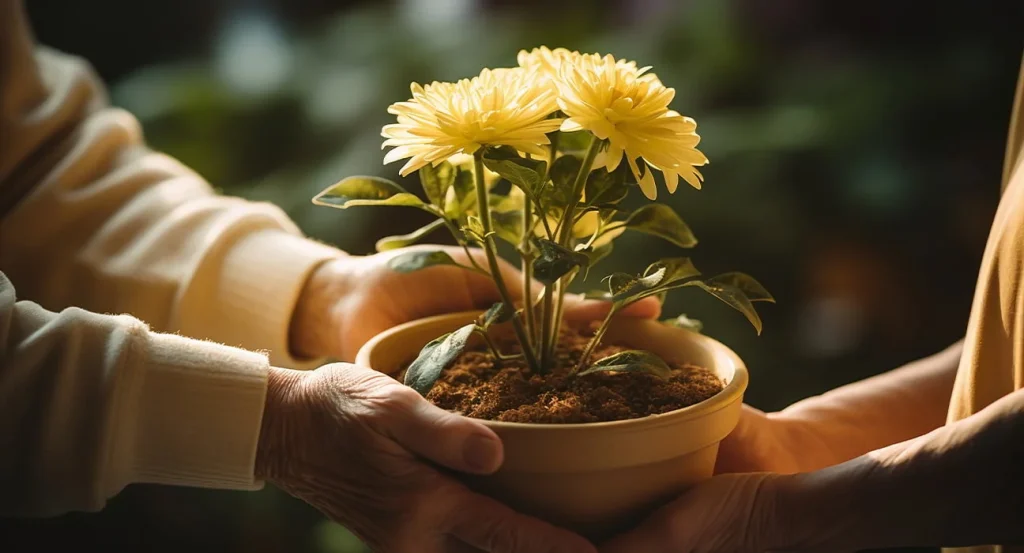Gratitude is more than just a polite “thank you” or a fleeting feeling of appreciation. It is a powerful mindset, a way of perceiving the world that can transform our daily lives, improve our mental health, and strengthen our relationships. In the hustle and bustle of modern life, it is easy to get caught up in stress, worries, and comparisons. Practicing gratitude, however, allows us to pause, reflect, and find joy in the small and significant moments that often go unnoticed.
Gratitude Enhances Mental Health

One of the most significant benefits of gratitude is its positive effect on mental health. Studies in psychology consistently show that people who regularly practice gratitude experience lower levels of stress, anxiety, and depression. When we focus on what we are grateful for, our brains naturally shift away from negative thought patterns. Instead of dwelling on what we lack, we celebrate what we have. Even small acts, like acknowledging a friend’s kindness or appreciating a beautiful sunset, can release dopamine and serotonin—the “feel-good” chemicals in the brain—boosting overall happiness.
Strengthening Relationships Through Gratitude
Gratitude also plays a crucial role in fostering healthy relationships. Expressing appreciation for friends, family members, or colleagues deepens emotional connections and encourages reciprocity. When someone feels recognized and valued, the bond grows stronger. Simple gestures like saying “thank you” genuinely, writing a heartfelt note, or acknowledging someone’s effort can make a profound difference. Over time, these small acts of gratitude cultivate trust, respect, and emotional intimacy, turning ordinary interactions into meaningful experiences.
Gratitude Encourages Mindfulness
Gratitude and mindfulness are closely intertwined. Being grateful requires awareness—an ability to notice and savor the positive aspects of life. Mindfulness allows us to slow down and fully experience the present moment rather than rushing through it. By integrating gratitude into our daily mindfulness practice, we train ourselves to notice the abundance around us rather than focus solely on what is missing. This shift in perspective not only brings peace but also improves our resilience in challenging situations.
Practical Ways to Cultivate Daily Gratitude

Incorporating gratitude into daily life does not require dramatic changes. Small, consistent practices can create a profound impact over time. One of the most effective techniques is keeping a gratitude journal. Each day, write down three to five things you are thankful for—these can be as simple as a warm cup of coffee, a smile from a stranger, or a personal achievement.
Another approach is verbal expression. Make it a habit to thank people throughout your day, whether it is a coworker, family member, or even yourself. Sharing your gratitude aloud not only reinforces positive feelings for you but also spreads happiness to those around you.
Mindful reflection is another powerful tool. Before bed, take a few minutes to think about the moments during the day that brought you joy or satisfaction. Focusing on these positive experiences primes your mind for a better mood and more restful sleep.
Finally, practicing gratitude in challenging times is equally important. Difficult experiences often overshadow our appreciation, but finding even one small aspect to be grateful for in tough moments can shift our perspective, reduce stress, and help us navigate adversity with more clarity and resilience.
The Ripple Effect of Gratitude
Gratitude is not only beneficial on a personal level but also has a ripple effect in the wider community. People who regularly practice gratitude tend to be more empathetic, generous, and compassionate. These qualities can inspire others to adopt a similar mindset, creating a positive feedback loop that strengthens social bonds and promotes overall well-being.
Conclusion
The power of gratitude lies in its simplicity and universality. It is an accessible, low-cost tool that can dramatically improve our mental, emotional, and social health. By consciously appreciating the good in our lives, expressing thanks to those around us, and remaining mindful even during challenges, we cultivate a mindset of abundance rather than scarcity. In essence, gratitude transforms the ordinary into extraordinary, turning daily life into a source of joy, connection, and resilience.
In a world that often emphasizes what we lack, gratitude reminds us of all that we already have—a subtle yet profound shift that can lead to a happier, healthier, and more fulfilling life.

